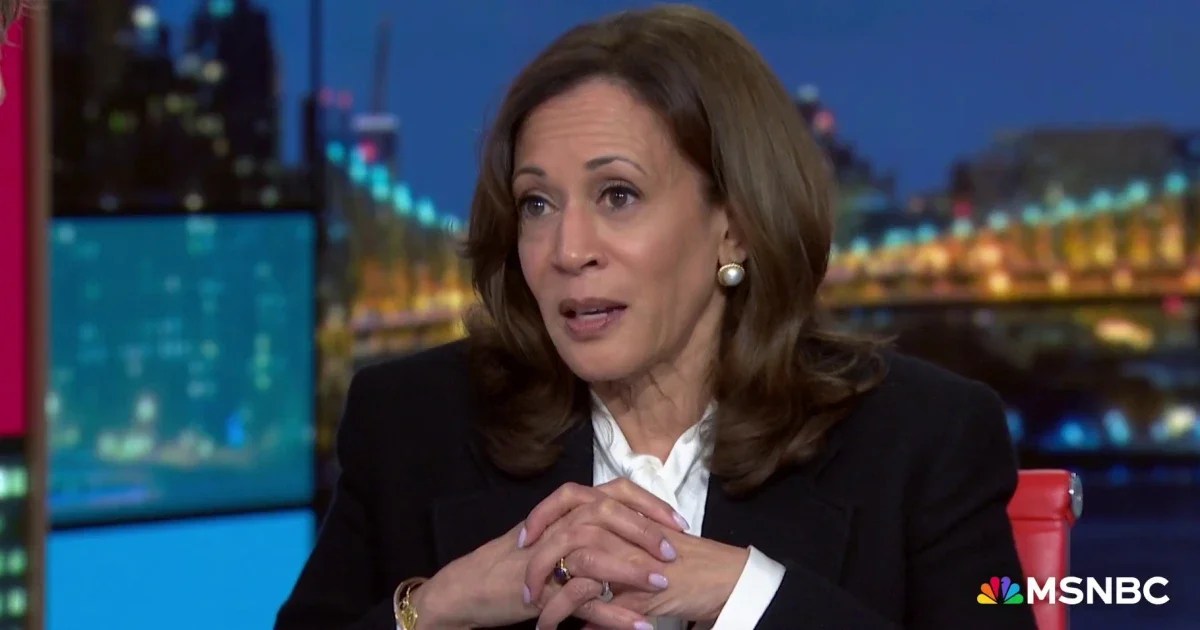Former Vice President Kamala Harris chose her words carefully. When asked about New York City’s Democratic mayoral nominee, Zohran Mamdani, she stopped short of offering an endorsement, instead saying that she “supports the nominee”. It was a political half-green light — a party-unity boilerplate message that acknowledged Mamdani within the Democratic fold without embracing his ideology or associating him directly with her brand.
Harris did not volunteer any praise for Mamdani’s policies or vision. Instead, the former V-P explicitly downplayed his singular importance on the national stage, reminding viewers that Mamdani “is not the only star.”
Harris’s half-support comes amid a broader split in how Democrats are responding to Mamdani’s insurgent progressive campaign. On the Left, Alexandria Ocasio-Cortez, Bernie Sanders, Pramila Jayapal and Elizabeth Warren have all expressed support for either the candidate or his policies.
In contrast, many establishment Democrats have been far more hesitant. Governor Kathy Hochul exemplifies the reluctant embrace: she waited three months after the primary before finally offering a public endorsement of Mamdani in mid-September. Even then, Hochul’s support came in the form of a carefully worded op-ed highlighting shared goals like affordability and a common front against Donald Trump.
Still, several key Democrats remain on the sidelines even as the November general election nears. The two most powerful New Yorkers in Congress — House Minority Leader Hakeem Jeffries and Senate Minority Leader Chuck Schumer — have conspicuously not endorsed Mamdani to date.
Harris’s semi-endorsement may be big news in political circles, but on the ground in New York City, it’s unlikely to sway the middle voters who will decide the mayoral race. The voters up for grabs in this scenario — moderate Democrats and swing voters in the outer boroughs — tend to be most concerned with bread-and-butter issues like public safety, the cost of living, and schools.
In the 2024 election, Harris carried New York — but by a narrower margin than her predecessors. On top of that, her national approval ratings are underwater, making any endorsement unlikely to move the needle significantly. This is especially true for the sizable segment of traditional Democratic voters who remain wary of Mamdani, seeing the 33-year-old radical as a potentially risky choice for New York’s safety and economy.
Nor is Harris’s involvement likely to bridge the Democratic Party’s internal rift over Israel that Mamdani’s candidacy has highlighted. His outspoken criticism of Israel’s government and vocal advocacy for Palestinian rights have won him support on the Left, but it has attracted few allies on the moderate wing. Given New York’s sizeable Jewish population, this could present a significant challenge.
Harris’s cautious nod underscores a deeper problem: the Democratic Party is fractured, struggling even to coalesce around the candidate for the nation’s largest city. Her tepid support exposes a party at odds with itself, leaving Mamdani to face a sceptical electorate without the backing of the party establishment.

